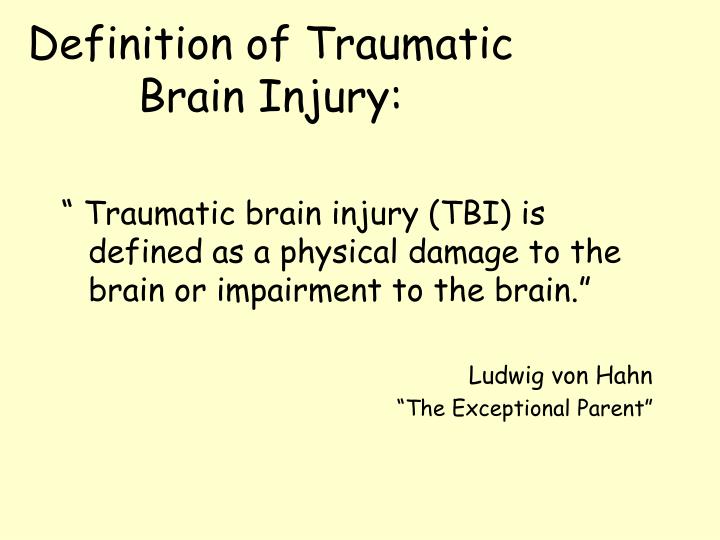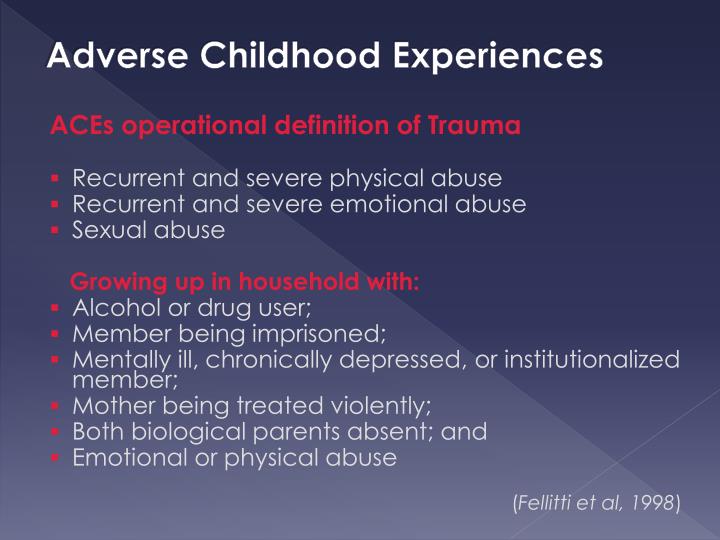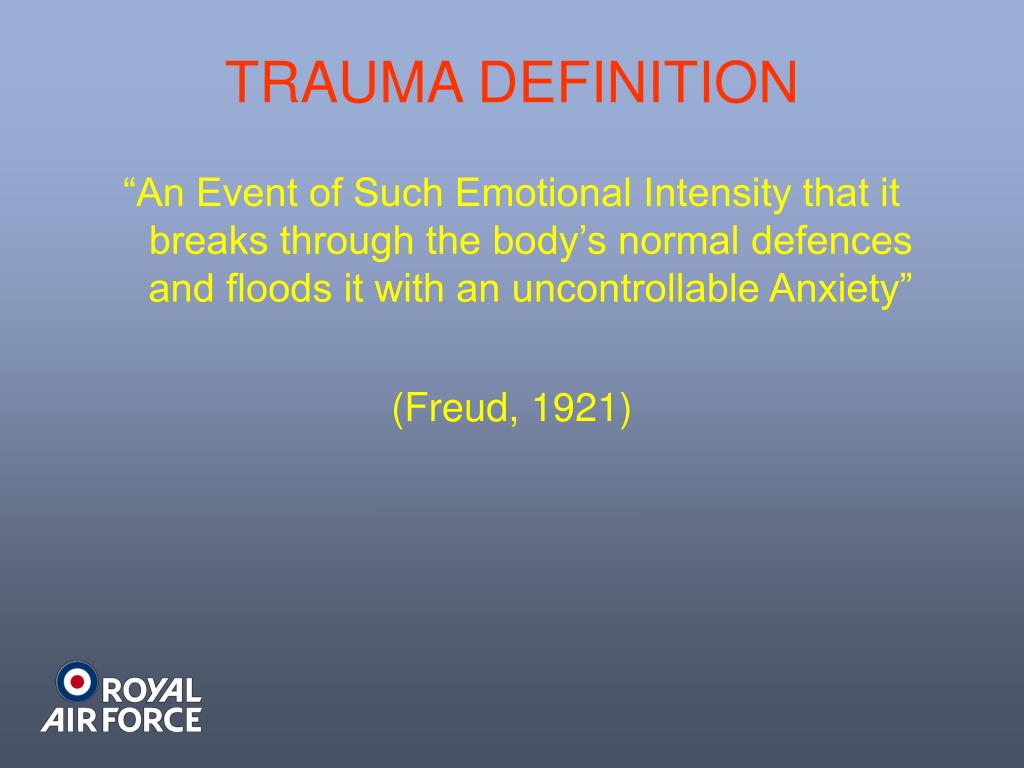
This may be most often seen in cases of trauma that involve exploitation or violence. Research shows that anger can be especially common if you have been betrayed by others. The person focuses all of his or her attention, thought, and action toward survival.Īnger is also a common response to events that seem unfair or in which you have been made a victim. Anger can help a person survive by shifting his or her focus. When faced with extreme threat, people often respond with anger. One way of thinking is that high levels of anger are related to a natural survival instinct. VA Software Documentation Library (VDL).Clinical Trainees (Academic Affiliations).War Related Illness & Injury Study Center.Some patients can be discharged home directly from a MTC. Patients may be transferred to a TU closer to home once their specialist treatment at an MTC is complete. There are also Trauma Units (TUs), which are acute hospitals where patients with less severe injuries are treated.

Some hospitals are designated as Major Trauma Centres (MTCs) where there is a full complement of medical specialities available on site, responsible for treating the most severely injured patients or those patients with multiple injuries. Some patients with severe injuries may require intensive care or specialist treatments which may require a transfer to another hospital. The severity of injury is calculated using a scoring system – the injury severity score (known as ISS).This score is calculated retrospectively once all injuries have been diagnosed.


The full extent of injuries is not always apparent when a patient first arrives at hospital, and they may require in-depth examination and multiple tests (such as scans and x-rays) or operations in the first few days. However, traumatic injury can be more serious, requiring admission to hospital for assessment, treatment and rehabilitation.

Whilst these can be painful or uncomfortable, the person will usually be able to remain at home once the injury is treated by a GP, health clinic or emergency department. Severity of InjuryĪn injury can be relatively minor, such as cutting a finger whilst opening a metal can or breaking a bone during a sporting event. Penetrating trauma involves shooting, stabbing or falling onto a sharp object (known as impalement). Blunt trauma includes falls, road traffic crashes crush injuries, assaults (punches, kicks) and burns. Traumatic injury is caused by various forces from outside of the body, which can either be blunt or penetrating (sharp). Often people that experience a physical trauma may also experience psychological difficulty due to the shock of the unexpected injury. Trauma also means physical injury which may result in wounds, broken bones or internal organ damage. There are two main definitions – firstly, that trauma relates to a distressing or disturbing psychological experience.


 0 kommentar(er)
0 kommentar(er)
